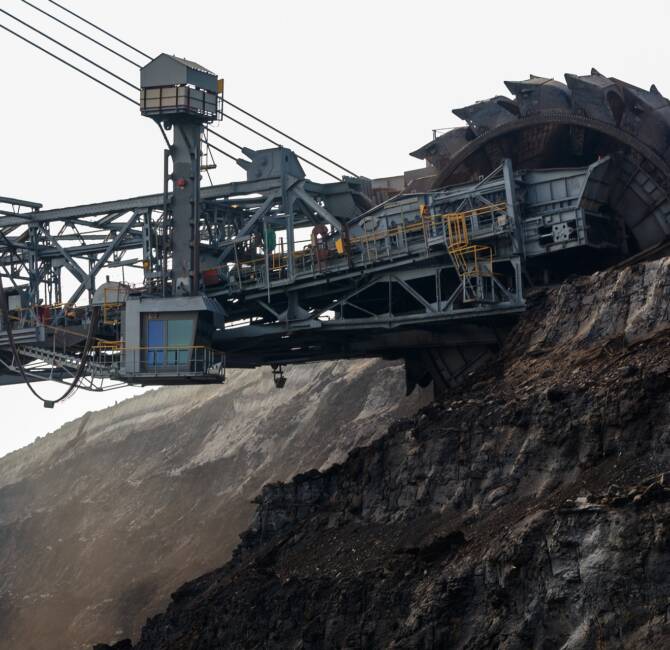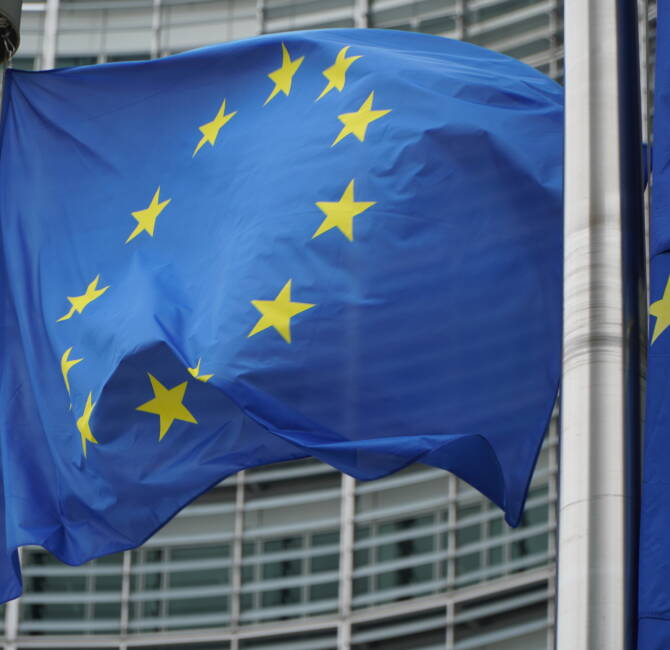Hungary/Russia – Taking a brief break from his election campaign activities in Russia, Russian Foreign Minister Sergei Lavrov visited his Hungarian counterpart Péter Szijjártó in Budapest on Tuesday 24 August before travelling on to Vienna and then Rome.
Following their talks, Mr Szijjártó and Mr Lavrov gave a joint press conference at which they discussed a wide range of issues relating to Russian–Hungarian bilateral relations.
Production of Sputnik V in Debrecen under Russian licence
In the context of vaccine cooperation, the Hungarian foreign minister stressed that
“without Sputnik [Hungary would not have been] able to carry out the fastest and most successful vaccination campaign in Europe”.
He also mentioned that the Russian vaccine would soon be produced in Hungary – in Debrecen from the end of 2022 – as “the pandemic will be around for a long time”, and that “there will probably be an international market demand for the Sputnik [vaccine].” “Hungary was the first […] to use the Sputnik V vaccine, and now we are discussing the issues linked to the start of production” in Hungary, Lavrov added, insisting that
“The issue of vaccines cannot be a political issue.”
Reciprocal industrial investments
The two ministers also discussed reciprocal investments, such as the upcoming establishment (for 4 billion forints, or 11 million euros) of a bitumen factory by the Hungarian company MOL (Magyar Olaj és Gázipari) in Tatarstan, or the establishment by the Russian company Arnyest (for 18 billion forints, or 52 million euros) of a cosmetics factory in Alsózsolca (Borsod-Abaúj-Zemplén county, in the north-east of Hungary).
Joint production of railway cars for Egypt
The talks between Szijjártó and Lavrov also focused on Russian–Hungarian cooperation in the railway sector, with a consortium between the two countries involving a Hungarian factory in Dunakeszi (north of Budapest) for the
delivery of several thousand railway cars to the Egyptian railway company. 443 cars have already been delivered, while new negotiations are under way for an additional 200 sleeping cars.
Cooperation in the field of energy…
The German–Russian gas pipeline project Nord Stream 2 – soon to be completed – was on the agenda too. On the subject of Russian gas, Mr Szijjártó also said: “We did well to start construction of a gas pipeline that will supply 8.5 billion cubic meters of gas to Hungary from the Serbian–Hungarian border from October 1 […] In this way, Hungary’s energy security can be assured in the long term.” For that matter, the Hungarian Foreign Minister also stressed
“Russia’s continued role in supplying gas to Europe”.
According to Sergei Lavrov, “all gas pipelines are designed to ensure the security of supply in Europe. We are building our relations with Hungary on the basis of realistic political interests.”
… and air transport
Finally, the issue of cooperation in the air transport sector was raised, with the Hungarian company (with American investment) Wizz Air soon to set up operations in St. Petersburg, while increasing its weekly flights between Budapest and Moscow and opening an air link between Budapest and Yekaterinburg, Russia’s fourth largest city.
—




